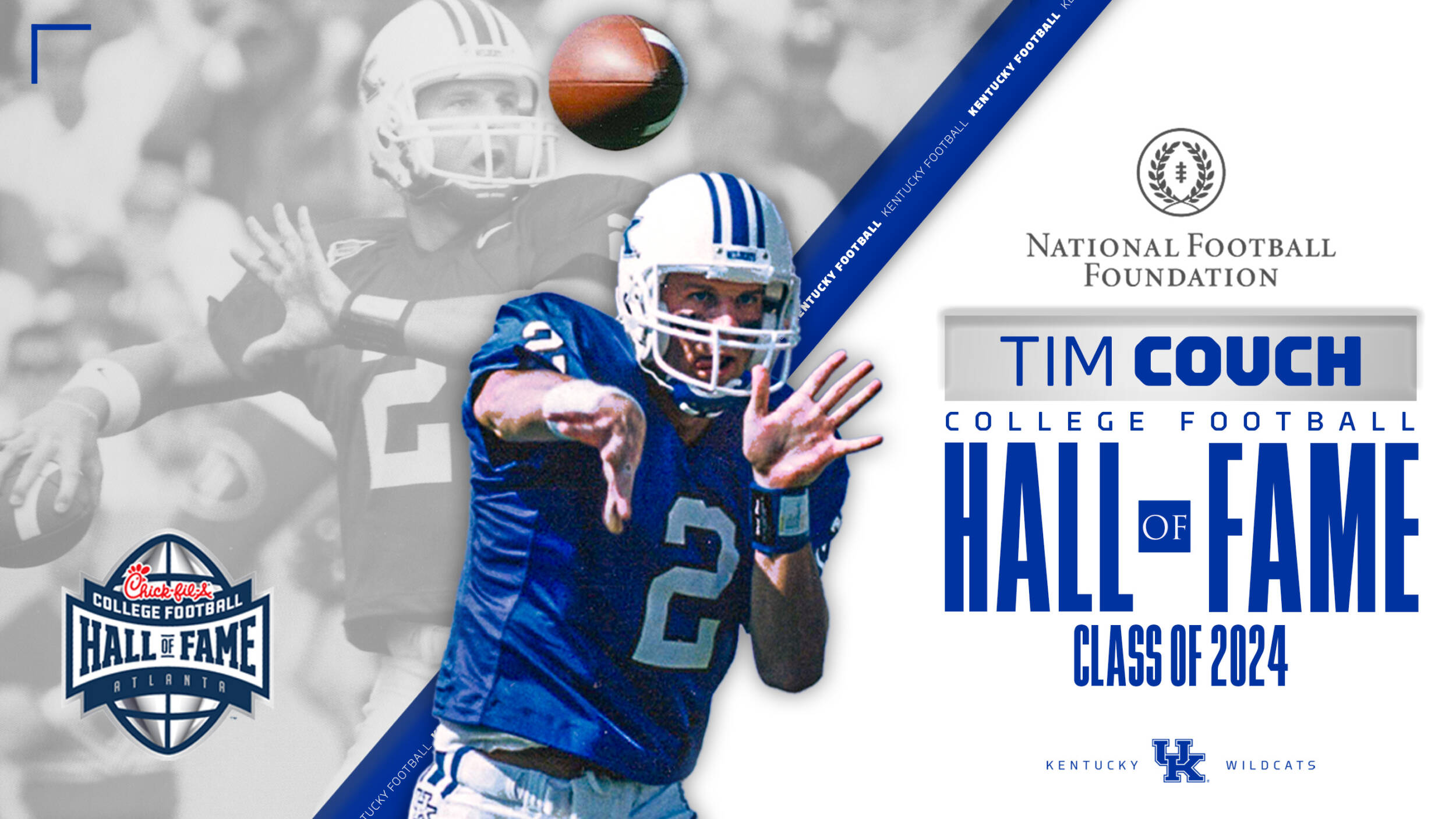There’s this indefinable concept that most coaches like to use for their team’s potential and shortcomings. The cliche is as common as “We’re taking it one game at a time,” and “It was a total team effort.” Surely you’ve heard it before: “If we play a full 40-minute game …” Most coaches would find the actual achievement of a complete 40-minute game to be a so-called castle in the sky. Really, how many times can a team actually play 40 complete minutes? Has there ever been a team that hasn’t let down for a minute or two? Is the goal even realistically achievable?Regardless, the phrase has actual meaning with the Kentucky men’s basketball team. Once scrutinized for its slow starts on the road, the most recent problems have surfaced at the end of games. In UK’s last two contests, it has stormed out to large leads only to see the sizeable gaps dwindle in the closing minutes.Rest assured, the Cats have closed out both games with wins, but the victories have been more of the hang-on variety than a dominating statement.”We really haven’t played a 40-minute game all year,” Calipari said. “We haven’t. I bet that last game we played about 32 minutes. That was the closest we’ve come. But we haven’t (played a complete 40-minute game).”Even if the objective of playing a complete 40 minutes is pragmatically unattainable, there’s no masking that UK has had periods of a letdown in just about every game. The latest moments of leisure, the ones at the end of games, raise flags because of the importance of the situation. Getting behind early is one thing when you have the entire game to come back, but letting a team hang around is not only dangerous, it could be devastating. The leads against South Carolina and Georgia never reached red-alert stages. The Gamecocks trimmed UK’s 18-point lead to five with 1:15 to play, and Georgia, which trailed by 17 points, pulled within six points with a little more than two minutes left. Neither would get any closer.”In the second half we kind of gave up,” junior guard DeAndre Liggins said of the Georgia comeback. “We made some errors defensively, turned the ball over, which caused them to make a run.”Developing a killer instinct – an ability to step on a team’s throat – may be the next stage in development for this ever-learning Kentucky team.”At some point, if we want to be special, if we want to be one of those teams (we have to play a complete 40 minutes),” Calipari said.One could form a number of guesses for the up-again, down-again play, especially late in games.”A lack of focus and a lack of intensity,” is how freshman guard Brandon Knight described it. “We don’t have the same intensity to finish the games that we had to start those two games.”The lack of intensity at the end of games could come from a lack of legs, too. Playing with a razor-thin rotation that usually features seven or eight guys, one could reasonably conceive fatigue has played a factor down the stretch, especially with the intensity UK has started to exhibit at the beginning of games.Although Knight wasn’t buying that notion, his teammate Liggins didn’t dismiss it.”It may be,” Liggins said. “I’m not fatigued at all. I could play the whole 40 minutes and be alright, but maybe it is. I don’t know. We just need other guys to step up off the bench.”Liggins also attributed the lack of a killer instinct to the amount of inexperience Kentucky has, but Calipari is no longer accepting the youth excuse, pointing to the upperclassmen as the potential agents of change.”This team has to be about Darius (Miller), DeAndre and Josh (Harrellson), our juniors and seniors,” Calipari said after Saturday’s game. “It’s got to be about them, what they accept, what they affect, and they have to be the guys making plays down the stretch, not freshmen.”Calipari echoed that sentiment Monday when he elaborated on a special item he gave each player after the Georgia game. Inside their lockers was a sheet of paper that Calipari called “The Law of the Price Tag.” On it were rules of accountability that he wanted each player to be aware of. “Understand what it means to pay a price,” Calipari said. “You’ve got to give something to get something. You’re not going to go half speed and think you’re getting something special. And if you really want something special, you’ve got to pay the price. You’ve got to sacrifice.”Kentucky suddenly controls its own destiny in the Southeastern Conference heading into Tuesday’s game at Ole Miss, but becoming an elite team, in Calipari’s opinion, will hinge on the progress the Cats can make between now and March.Calipari said he likes his team and is proud of how it’s playing, but he admitted he wants even more from the players. “There has to be a point, and hopefully I’m getting there, where they’re more empowered and I’m less on them, I’m less begging and dragging,” Calipari said. “There’s got to be a point, and we’re getting close to it. If we’re in March and I’m still begging, then I’m just saying, ‘One more win, come on, one more win.’ But we’re not going to be doing the things we want to do here.””I don’t know how good we are right now,” Calipari added.We may never know until we see a full 40 minutes.



